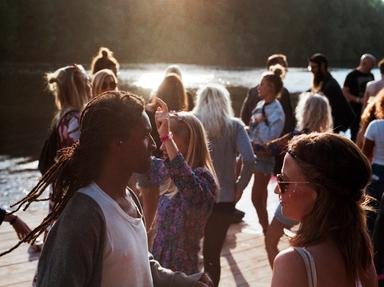Quiz Answer Key and Fun Facts
1. You may not know that Pocahontas was actually a nickname. What was the girl's real name?
2. The father of Pocahontas is typically described as having the same name as the confederacy of Native Americans he led. What was his name?
3. Near which of the colonial settlements in North America did Pocahontas live?
4. With which famous Englishman is Pocahontas most closely associated?
5. Which of the following statements about Pocahontas' early life is not true?
6. During a confrontation between the colonists and her tribe, Pocahontas was taken prisoner. During her stay with the colonists, she converted to Christianity. What was her Christian name?
7. Another result of the time in which Pocahontas was held captive is that she met and apparently fell in love with one of the colonists, the man who is credited with saving the colony with his introduction of tobacco. What was his name?
8. Pocahontas traveled to England in 1616 with her new husband, where she and her entourage caused quite a stir! In fact, which monarch did she meet?
9. So once and for all, much of what has been told about Pocahontas involves the rescue of one of the English colonists. Do we know for sure that Pocahontas really saved a man from being executed by her father?
10. Which famous First Lady of the United States, considered to be the first First Lady who assumed presidential functions, was related to Pocahontas?
Source: Author
ponycargirl
This quiz was reviewed by FunTrivia editor
bloomsby before going online.
Any errors found in FunTrivia content are routinely corrected through our feedback system.

